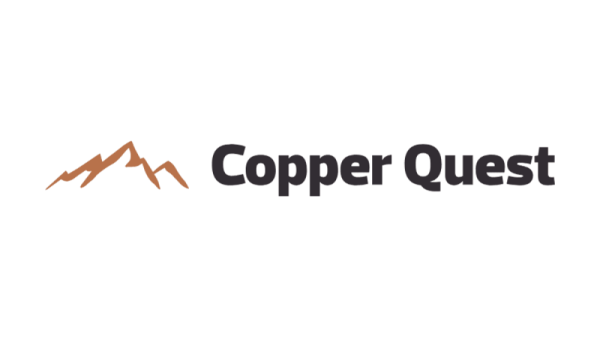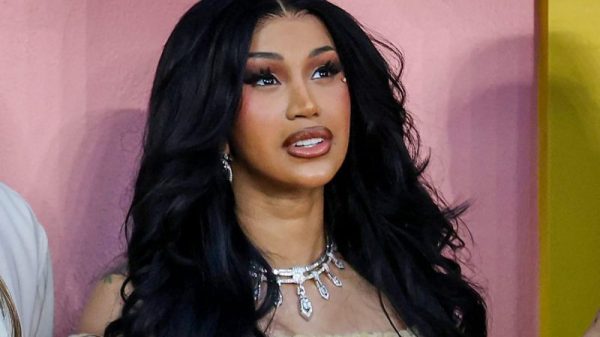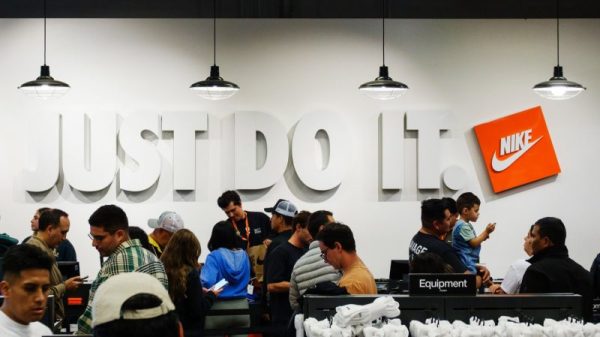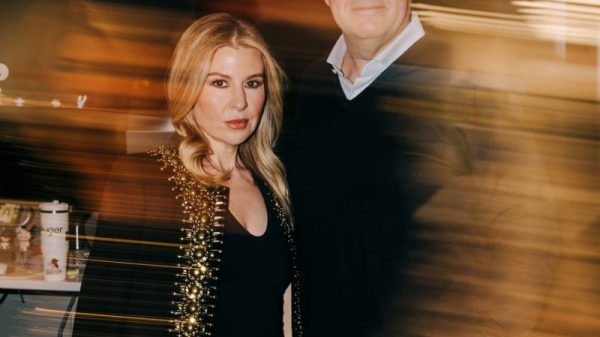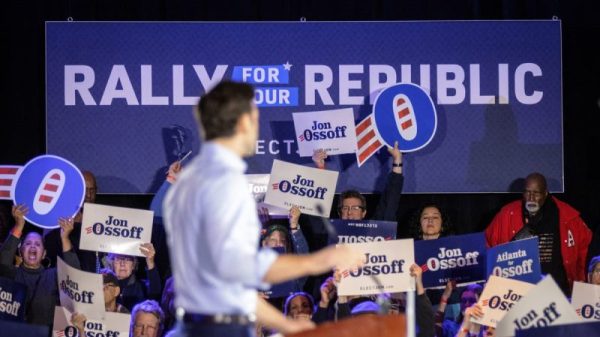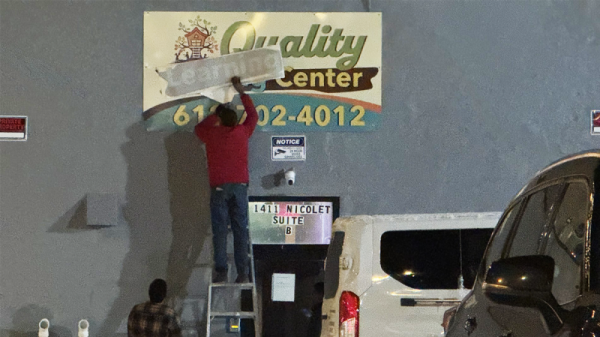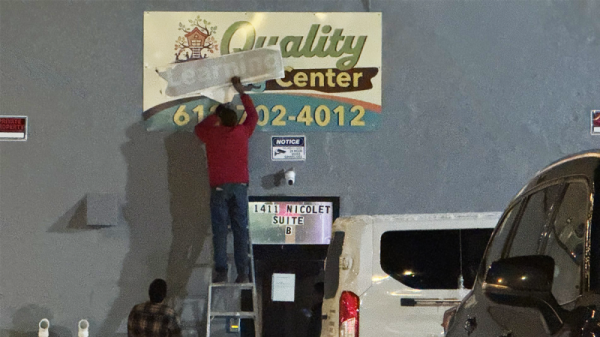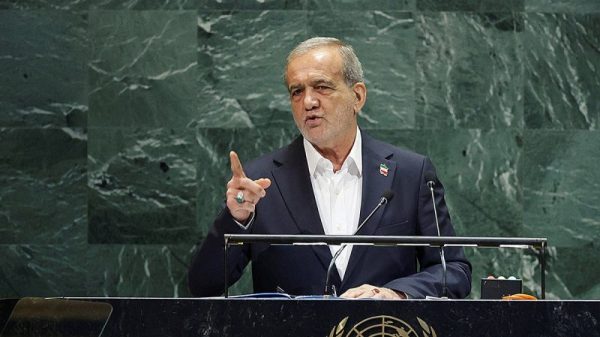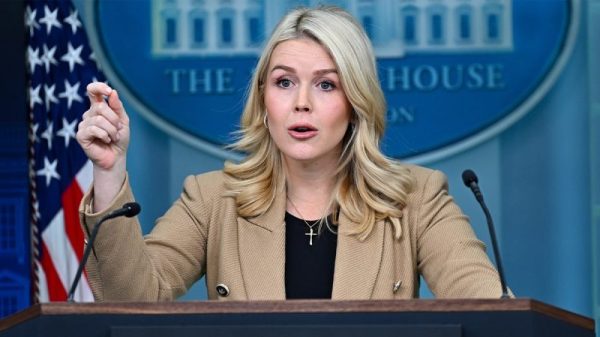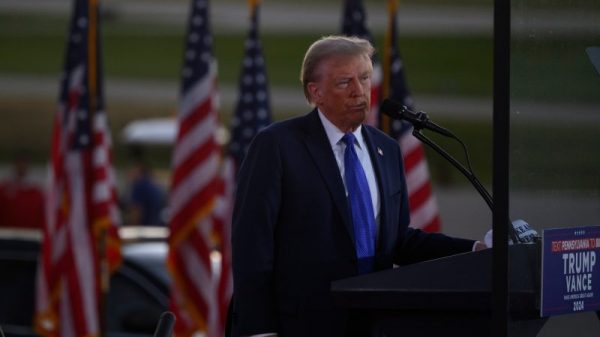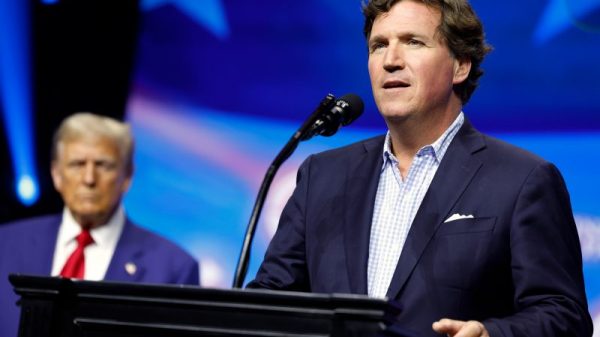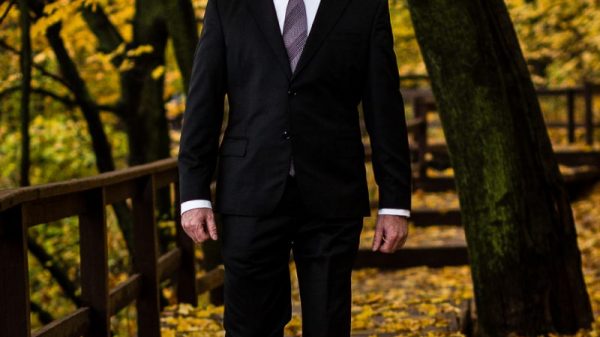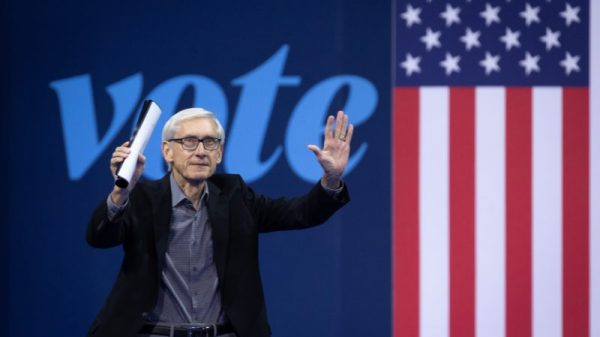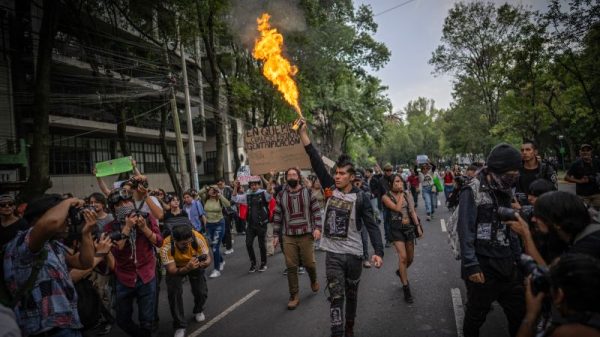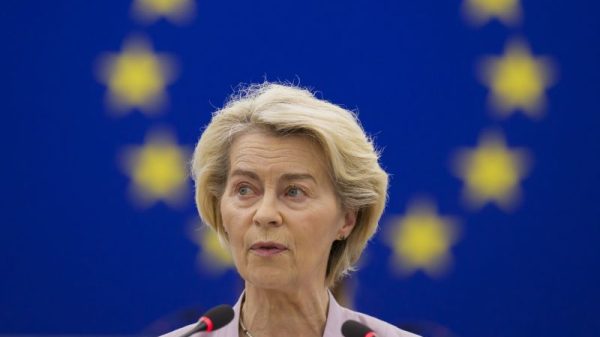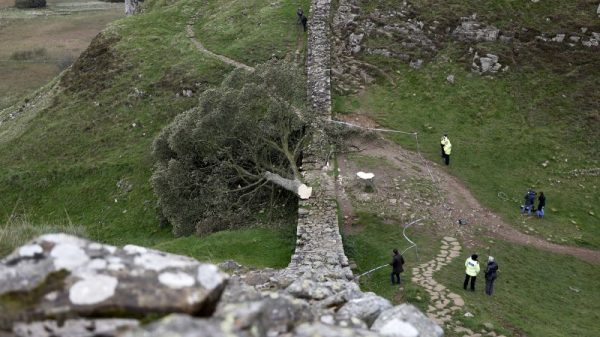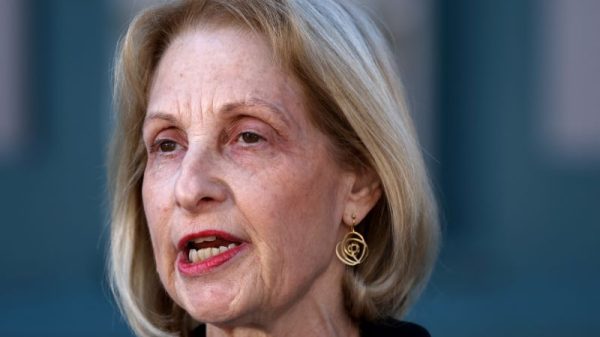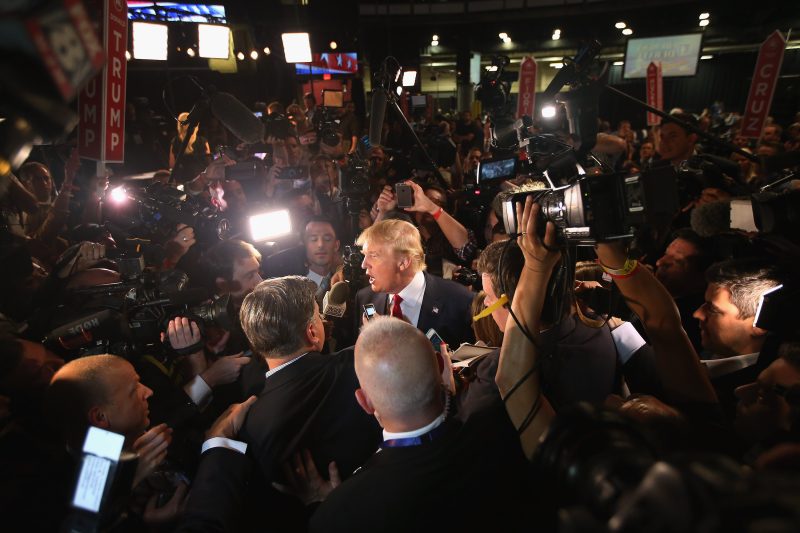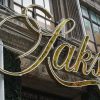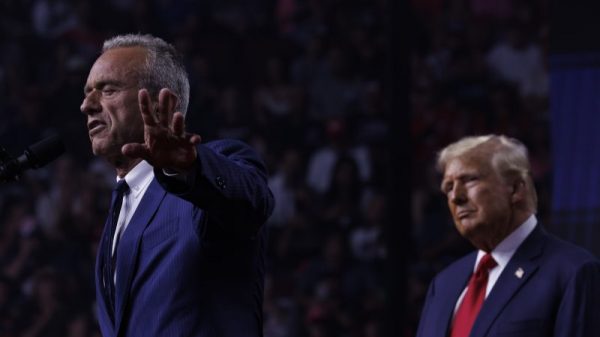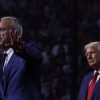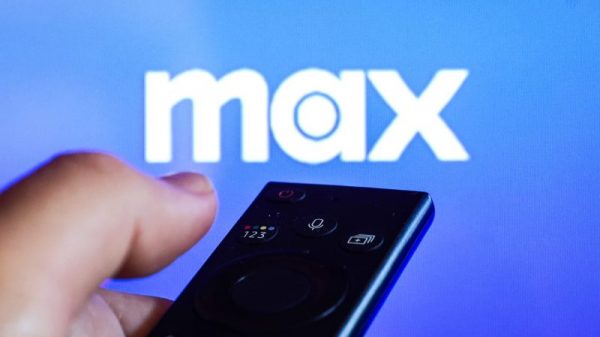Donald Trump announced his bid for the 2016 Republican presidential nomination on June 16, 2015. That means that some Americans who will be voting for the first time this November were only 8 years old when he came down the escalator in Trump Tower to launch his campaign. Meaning, further, that they have no idea what we’re talking about with that escalator reference.
Those who are not 18 (or, say, under 30) are at least to some extent familiar with the various elements of Trumpian lore. He has been present in national politics now (nine years) for nearly as long as he was the host of “The Apprentice” and its spinoffs (11 years). Oh, for those new voters: “The Apprentice” was a television show that centered on Trump and has been credited with propelling his candidacy in the first place. But more on that in a bit.
In the interest of ensuring that American voters share a common political vocabulary as Trump appears on his third consecutive presidential ballot, we have compiled this (admittedly incomplete) compendium of subjects and situations that are likely to be mentioned at some point over the next few months. (Did we miss something significant? Email us.)
Before the campaign
Prior to politics and prior to his stint on television, Trump ran the Trump Organization, a privately owned New York company originally focused on real estate development. The company was founded by Trump’s father, Fred Trump, who ensured that his son would enter adulthood both with the company and a substantial fortune. Trump’s first mention in the New York Times was in 1973 — in an article detailing allegations of racism against the Trump Organization. (The Department of Justice accused the company of violating the Fair Housing Act in refusing to rent to Black New Yorkers.)
Thanks to the best-selling book “The Art of the Deal,” Trump became a celebrity in the wealth-obsessed 1980s. Over time, his business ventures transitioned into merchandising and branding. Not all of his efforts were successful; properties he has owned — including, somehow, casinos — have gone bankrupt.
Trump’s career was revitalized with the launch of NBC’s “The Apprentice” in 2004. It (often deceptively) portrayed Trump as a business genius who was seeking to hire all-stars to flesh out his team. (In this role, too, accusations of racism emerged.) The TV show topped the ratings in its first season but declined after that.
The attention, though, gave Trump new prominence. He tried to parlay the success into business efforts, as with the launch of Trump University, seminars focused on real estate. (He settled a massive fraud lawsuit centered on the program shortly after winning the 2016 election.) He also parlayed the attention into the realm of politics, appearing regularly as a commentator on Fox News.
He flirted with running for president in 2012 (as he had in 2000), ultimately endorsing Republican Mitt Romney. That came after he’d attracted attention by publicly questioning Barack Obama’s birthplace, a baseless claim ultimately rebutted with the release of Obama’s birth certificate. Obama’s subsequent mockery of Trump at the White House correspondents’ dinner in 2011 has been identified as a trigger for Trump’s decision to run in 2016.
During the campaign
Trump announced his candidacy that year in an event held on the lower level of his Manhattan property Trump Tower. He arrived at the dais by riding down an escalator with his wife, Melania. A crowd of people stood at the railing cheering for him; some of them had been hired to be there.
His speech announcing his candidacy disparaged migrants crossing the border from Mexico in alarmist terms.
“When Mexico sends its people, they’re not sending their best,” he said. He added, “They’re sending people that have lots of problems, and they’re bringing those problems with us. They’re bringing drugs. They’re bringing crime. They’re rapists. And some, I assume, are good people.”
Given Trump’s past flirtations with running for office, his bid wasn’t taken seriously. So his business partners — Univision and Macy’s, for example — severed ties with him and his company. Other Republican candidates condemned him.
But immigration was a potent issue for Republican voters, as it is now, and the attention gained from the controversy boosted him in the polls. This was a few years after the emergence of the tea party, and as antiestablishment sentiment was rampant in the Republican Party, Trump’s willingness to reiterate false or exaggerated claims that were common in right-wing media earned him a reputation as a straight-shooter.
A month after he launched his bid, he was at an event in Arizona at which he disparaged that state’s senior senator — 2008 Republican presidential nominee John McCain. McCain was a hero, Trump said, but only “because he was captured” during the Vietnam War. McCain was held prisoner for more than five years.
“I like people who weren’t captured,” Trump added.
The comment was presumed to be the death knell for his still-young candidacy. But Republican voters again rewarded him for his willingness to challenge a party they viewed as too elitist. Trump continued to lead in national primary polling. Everyone assumed his campaign would collapse, however, as so many had in the 2012 primary, so his rivals weren’t willing to drop out. No one was able to consolidate an anti-Trump vote, however, helping Trump narrowly win the nomination.
Running against a relatively unpopular opponent in Hillary Clinton, he then won narrow majorities in enough states to win an electoral college majority and the presidency.
His victory may have been aided by an agreement he reached with the publisher of the National Enquirer. That publisher, David Pecker, agreed to help bury stories that might hurt Trump’s candidacy. Among the stories Pecker and his team intercepted were one involving an alleged long-running affair with a Playboy model named Karen McDougal and another about an alleged (but contemporaneously documented) encounter with adult-film actress Stormy Daniels. (A payment made to Daniels to keep her quiet before Election Day later led to federal campaign finance charges against Trump attorney Michael Cohen and to Trump’s criminal conviction in Manhattan.)
Other things that happened during the campaign:
Marveling at the loyalty of his supporters, Trump told an audience in Iowa: “I could stand in the middle of Fifth Avenue and shoot somebody, and I wouldn’t lose any voters, okay? It’s, like, incredible.”
He insulted Fox News host Megyn Kelly, one of the anchors of the first Republican debates, by suggesting she had been inappropriately angry and had “blood coming out of her eyes, blood coming out of her wherever.”
Trump subsequently skipped a Fox News debate in January 2016, instead holding a fundraiser for troops. It wasn’t until The Washington Post asked where the money had gone that the Trump campaign allocated it. (His private charitable organization was later sanctioned and shuttered for having violated IRS rules, including in aiding his campaign.)
Trump claimed to have a close relationship with Russian President Vladimir Putin — until questions about his relationship (including potential business deals) with Russia began to circulate. (It would later emerge that his attorney was trying to secure a deal for a project in Moscow as Trump was running for president.) At one point, he suggested that the Russians should unearth emails from Clinton; that same day, Russian hackers attempted to access her server.
A few days after a mass shooting in California by perpetrators inspired by Islamist ideology, Trump called for “a total and complete shutdown of Muslims entering the United States until our country’s representatives can figure out what … is going on.”
Two other notable aspects to the campaign center on Oct. 7, 2016.
The first was that the federal government issued an alert warning about Russian efforts to influence the outcome of the election. It would later be revealed that Russia had engaged in a years-long effort to increase hostility in American social media conversations. The more impactful effort, though, was the hacking of the Democratic National Committee and Hillary Clinton’s campaign. A few hours after the government’s warning, the outside group WikiLeaks began releasing emails stolen from a top Clinton adviser.
We would also later learn that someone linked to Russian intelligence contacted the Trump campaign through an intermediary offering negative information about Clinton. That individual met with Donald Trump Jr. and Paul Manafort, chairman of the Trump campaign, at Trump Tower in June 2016. Manafort had ties to Russia and later shared internal campaign polling with a business partner tied to Russian intelligence.
The other development on Oct. 7 was The Post’s publication of the “Access Hollywood” tape. During a taping for the entertainment show in 2005, Trump was caught on a hot microphone talking about assaulting women.
“You know I’m automatically attracted to beautiful — I just start kissing them. It’s like a magnet. Just kiss. I don’t even wait,” Trump said on the recording. “And when you’re a star, they let you do it. You can do anything. Grab them by the p—y.”
After the tape’s release — and Trump denying during a debate that he’d ever assaulted a woman in the way he described — a number of women came forward to allege that he’d touched or kissed them without permission.
During Trump’s presidency
Trump was inaugurated on Jan. 20, 2017 — at which point he almost immediately began lying about the number of people who had attended the event. He already had a hostile relationship with the media, in part because of his efforts to recast the results of the election. He lost the popular vote, which he (baselessly) blamed on voter fraud. He also railed against the government’s investigation into Russia’s efforts to influence the campaign, rejecting the idea that it had occurred at all.
His four years in office were unquestionably some of the most relentlessly disruptive and strange in American history. They’re also probably more familiar to younger Americans. But, for the sake of completeness, here are a number of events that are likely to be mentioned during this year’s campaign.
Trump quickly attempted to implement his ban on immigration from heavily Muslim countries. After some furious legal fights, his administration developed a policy that withstood judicial review.
Frustrated by the Russia probe, Trump fired James B. Comey, director of the FBI. The next day, he welcomed a senior Russian diplomat for an unusual meeting in the Oval Office.
Comey’s firing ultimately led to the appointment of special counsel Robert S. Mueller III. Mueller’s report on Russia’s interference effort included a lengthy articulation of the ways in which Trump attempted to block the probe.
When white nationalists and racists rallied in Charlottesville, leading to the killing of a counterprotester, Trump defended the right-wing participants by arguing that there were bad actors “on many sides” and, later, that both sides included “very fine people.”
Trump shared a high-resolution photograph of an Iranian facility on social media, revealing otherwise secret surveillance capabilities.
The United States of America was not involved in the catastrophic accident during final launch preparations for the Safir SLV Launch at Semnan Launch Site One in Iran. I wish Iran best wishes and good luck in determining what happened at Site One. pic.twitter.com/z0iDj2L0Y3
— Donald J. Trump (@realDonaldTrump) August 30, 2019
Trump’s presidency focused heavily on immigration. At one point, meeting with congressional leaders, he lamented that the United States allowed so many immigrants from “s—hole” countries, like those in Africa or the Caribbean.
He responded to an increase in families seeking asylum in the United States by implementing a policy in which children were separated from their parents at the border with the specific aim of deterring families from coming.
Having failed to secure funding for a border wall from Congress, he declared a national emergency that allowed him to repurpose funding from other programs to construct new barriers.
Trump attacked Democratic legislators in racist terms, including suggesting that members of “the Squad” should “go back” where they came from. (All were women of color, and three of the four were born in the United States.)
When the coronavirus pandemic emerged, Trump insisted that it would be contained and have little effect on the country. When that proved false, he briefly championed restricting person-to-person interactions before pivoting to reopening the economy quickly (with his reelection bid looming). During one news conference, he mused about injecting disinfectant into people.
When protests emerged after a Minneapolis police officer killed a Black man, Trump asked his staff whether protesters could be shot. He advocated for the deployment of the military against the protests and at one point publicly stated that “when the looting starts, the shooting starts.”
To have pictures of himself taken at a church near the White House, Trump crossed Lafayette Square immediately after it had been forcibly cleared of protesters.
Trump used his clemency powers to the benefit of a number of his allies, including Manafort.
The Trump Organization received millions in payments from foreign actors while Trump was president, some portion of which ultimately ended up in his pocket. His frequent trips to his properties in New Jersey and Florida cost taxpayers tens of millions of dollars, including payments to the facilities for Secret Service lodging and resources. (Despite mocking Obama’s golf-playing as president, Trump played more often in his four years than Obama had in eight.)
There was also one point at which he welcomed a victorious college sports team to the White House with a massive spread of fast food.
The last year of Trump’s presidency included two Senate trials following his having been impeached.
The first centered on Trump’s effort to leverage American aid to Ukraine to get that country’s new president to announce an investigation into Joe Biden, presumed to be Trump’s opponent in the 2020 presidential election.
The second centered on the riot at the Capitol on Jan. 6, 2021, an effort to block the finalization of Biden’s electoral victory that was entirely a function of Trump spending months lying about the danger of fraud in the election and, after his loss, falsely blaming fraud for failing to secure a second term in office.
On Jan. 20, 2021, he left Washington, heading for his home in Florida. In the months that followed, he was indicted multiple times on a variety of charges, including his having failed to hand over classified documents he brought with him to Mar-a-Lago. But we will assume that 18 year-olds voting in November are at least familiar with events that unfolded when they were 16.
In part because this document is already far longer than a casual observer might have anticipated.


